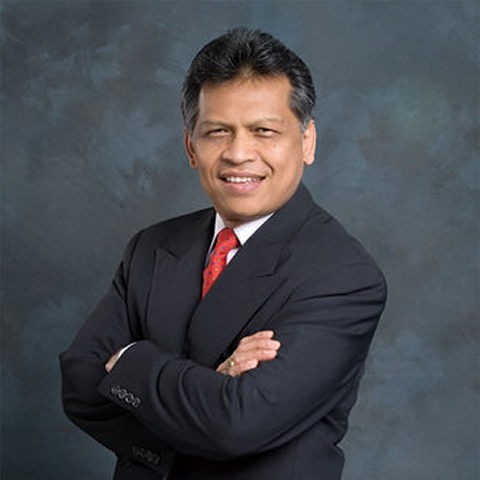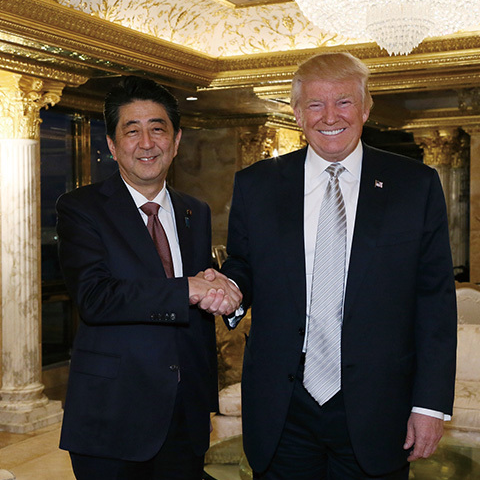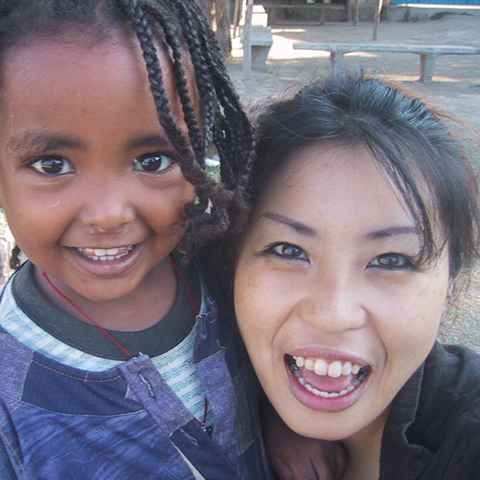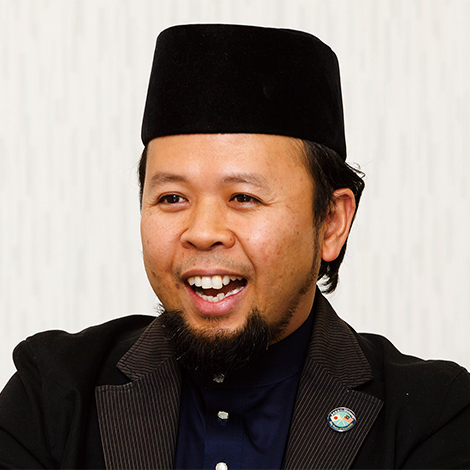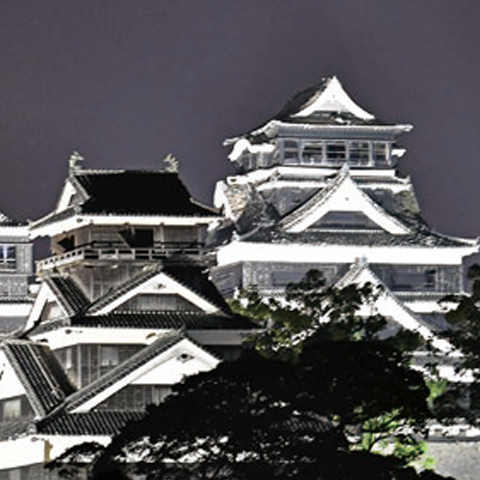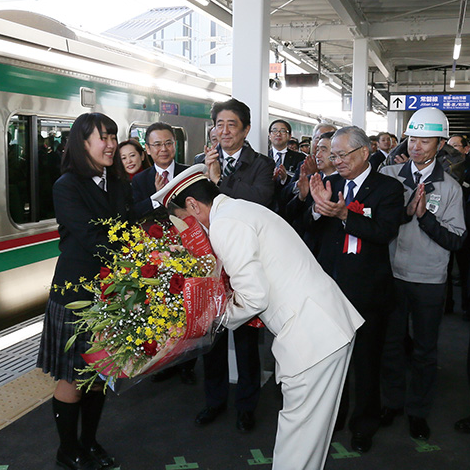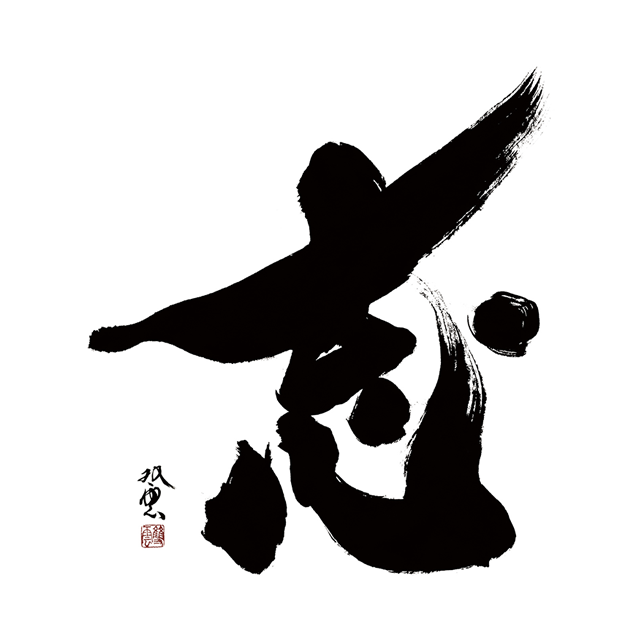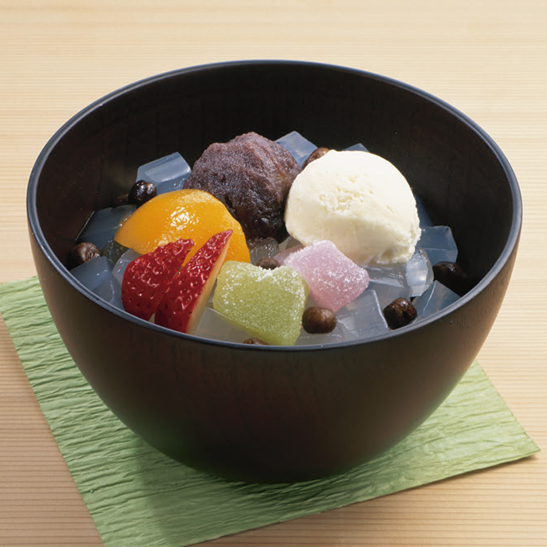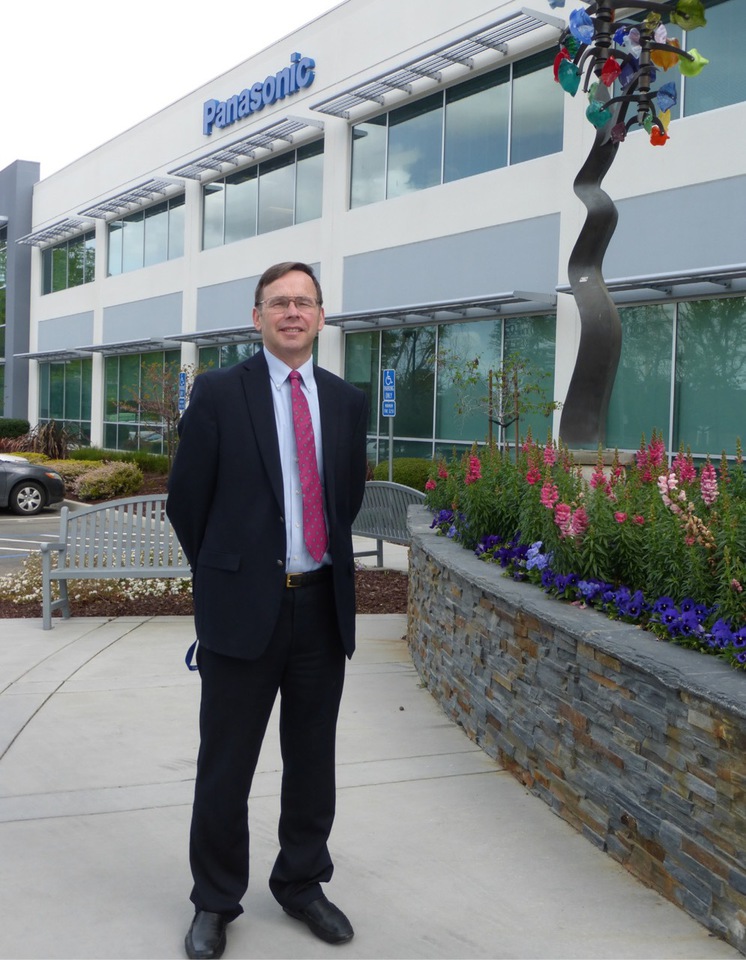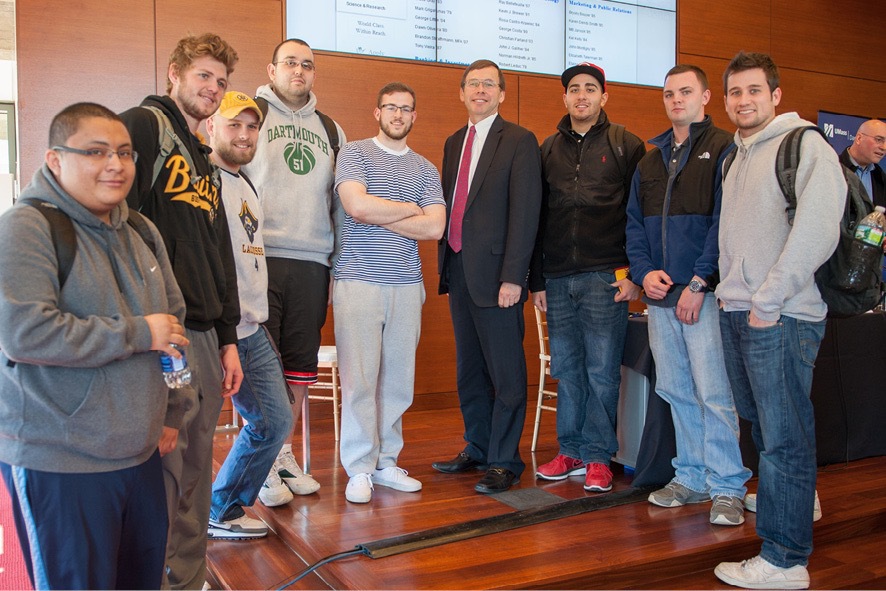James French
Employed at Panasonic since 1995, James “Jim” French, has been the president of Panasonic R&D Company of America since April 2010. He helped to start up the Panasonic Semiconductor Development Company in Cupertino. In his free time, he enjoys home renovation, and volunteering.
My first encounter with a Japanese approach to business was in 1995 in Silicon Valley, California. It was then that I was asked to help establish the American arm of one of the bestknown Japanese electronics companies. Although my knowledge of Japanese culture was limited, I was determined to work for a Japanese company. I strongly felt that working for a Japanese company would allow me to immerse myself in a new challenge and learn a new way of thinking and doing.
An enjoyable part of working for a Japanese multi-national is the way they take delight in making the customer happy. This isn’t just a company mantra; it is an important part of doing business. And, while speed is important, the Japanese cherish a deliberate way of working. Teamwork is also highly regarded, while the individual is allowed to feel that they can make a valued contribution. The Japanese also prioritize personnel development over creating products.
When I think about it, of all the Japanese principles of business I’ve encountered, I mostly revere the following: contribution to society, fairness and honesty, cooperation and team spirit, untiring efforts for improvement, courtesy and humility, adaptability, and gratitude. These are the seven core values of Konosuke Matsushita, the Japanese industrialist who founded Panasonic in 1918, and this was the company I would later help establish in the United States. I truly believe these principles are also a core part of Japanese life.
Since my work allows me to travel to Japan, I have seen how these values come together in the private and public lives of the Japanese. During my first trip, in 1996, I was able to visit a number of cities including Tokyo and Osaka. I fondly remember the humility, friendliness, and sensitivity with which I was welcomed. Simple unspoken gestures, such as anticipating the other person’s needs, are among the reasons each visit has been so pleasant. I always feel a preference in Japan for building personal relationships, and for face-to-face business contacts.
On subsequent visits I have developed a greater understanding and appreciation of the culture, including the food, of Japan—from the patient and majestic actions of the tea ceremony, to the all-important wa (harmony). Indeed, I find Japan to be a land of simple yet ancient customs that have a strong reverence for the proper way of doing things and peaceful coexistence.
Twenty years after I joined the company that Matsushita built, I have to say that my knowledge of and respect for Japanese business and culture has deepened. This culture has also influenced my own professional and personal ethics. That is why I try to give back to society in the best way I can. As I am passionate about education, I not only volunteer in my old university’s student advisory council, but also take part in the sistercity programs between my hometown in Sunnyvale, California, and Iizuka City in Fukuoka Prefecture, including student exchanges.
These activities are in large part due to a long and fruitful life during which I’ve enjoyed doing business the Japanese way.


























